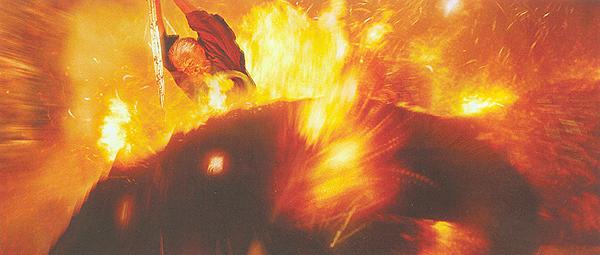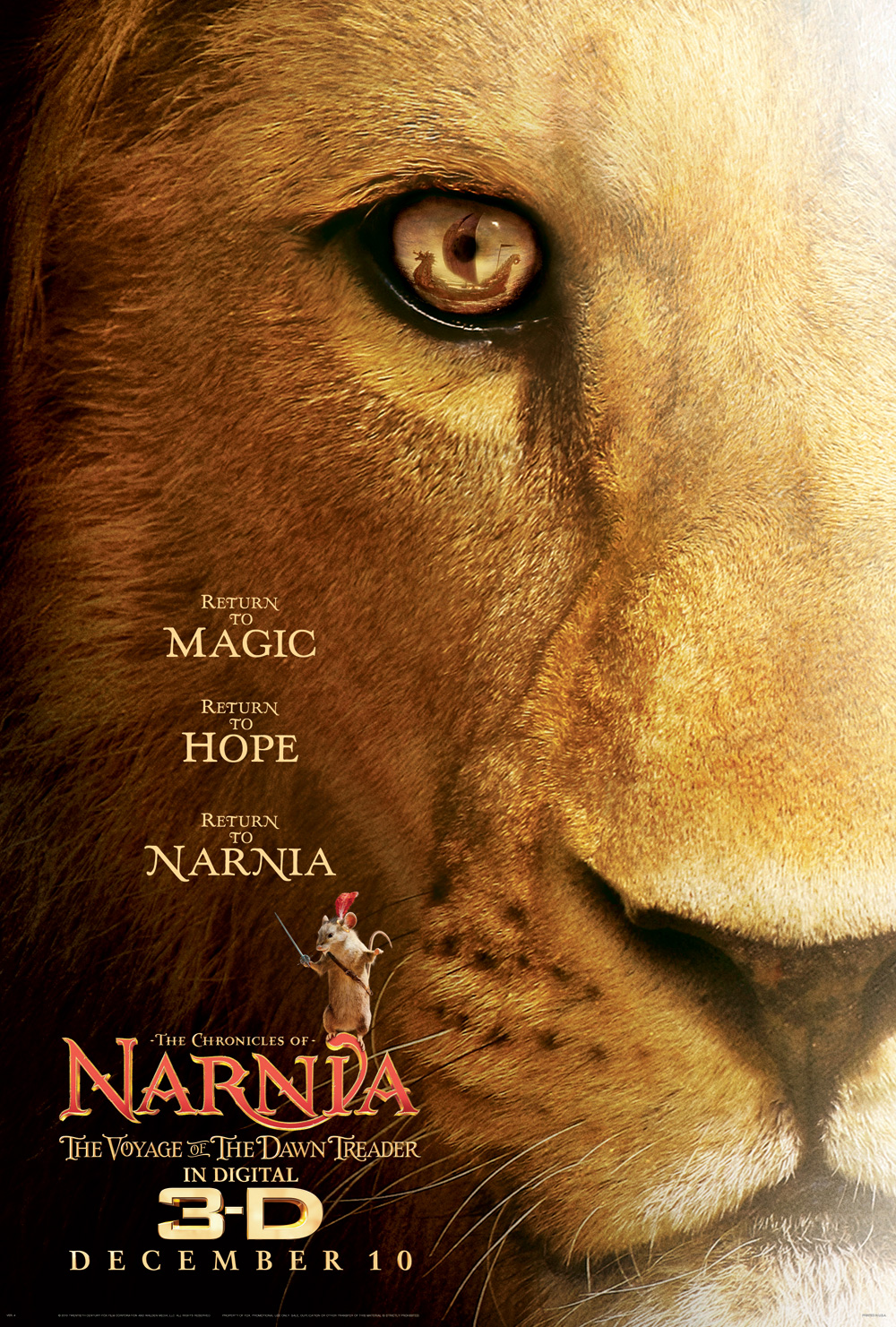In Leviticus 10:1-2 we read how Nadab and Abihu, sons of Aaron the first High Priest of Israel, brought God’s wrath on themselves by lighting their incense burners from an unauthorized flame source. Their disastrous action–disastrous because in those days God was using specific rituals to teach mankind spiritual truths, which only later would become comprehensible _without_ such exacting ritual requirements–may have been prompted by mere sloppiness or laziness. Here as in many places, the Bible does not give us a modern-day novel’s approach of looking inside people’s thoughts. But maybe, just maybe, the junior priests had a notion that they were _improving_ the process with some kind of refinements of their own. The least plausible of all explanations is that they got together and said to each other, “Hey, let’s corrupt the order of worship just to see what we can get away with!” Much of the damage done in this world is done by people who don’t exactly mean to rebel against God–they just figure they have a better idea. And even in the peripheral zones of human creativity, it can happen that people make “improvements”–which AREN’T.
The existing Narnia movie, while I would have done a few things differently, does NOT feature any alterations or expansions which I would consider damaging…providing that the slight ambiguity about Aslan’s status as Deity is cleared up in later films, as indeed they could hardly avoid clearing it up and still be filming the Chronicles of Narnia. I am, for the record, confident that the future films WILL be done right, and that I will have no serious complaints. But perhaps it wouldn’t hurt to imagine (and so be forewarned against) some “anti-improvements” which could occur if scripts for the follow-on movies were to be written by writers who DON’T appreciate the vision of Mr. Lewis. “Prince Caspian” being already scripted, I’ll start with “Dawn Treader.”
Might as well begin big and absurd. I really don’t think this would _ever_ happen, but you can’t QUITE be certain in today’s climate of political correctness. What if, instead of Eustace being a spoiled brat because of amoral socialist-humanist-secularist indoctrination, they showed him as being a spoiled brat precisely because of having a _religious_ education? Some of the regular visitors to this forum have experience of Christian homeschooling, and as a corollary are aware of the unfair, dishonest slurs that are uttered from some quarters about it and all Christian education. If a revisionist screenwriter were so bold as to change Eustace’s background story so radically, he could then proceed to portray all of Eustace’s complaints about the Narnian world as being motivated by “religious narrow-mindedness.” Before laughing off this conjecture, let the reader consider just how much modern fantasy and sci-fi writing makes a staple of slamming Christians as bigoted and anti-intellectual.
Extending this thought into “The Silver Chair,” political correctness would require the wicked bullies at the rotten school all to be boys, and their harassing of Jill Pole to be based on sexism–which again would be blamed on Christianity. Now, even a CRAZY revisionist writer, even if Rosie O’Donnell were financing the movie, couldn’t get away with having _every_ reference to Christianity be so negative–not without abandoning all pretense of doing Narnian stories at all. The trick would be to create hateful associations for every aspect of the Christian faith which the writer didn’t like, but then somehow to assure us that Jesus, in the person of Aslan, still had “the right kind” of Christianity to offer. The role model for “the right kind of Christianity” might be found in Father Mulcahey from the old “M*A*S*H” television series. Father Mulcahey was allowed to be seen as a good guy–BECAUSE he never stressed the Lordship of Jesus, never called believers to any purpose more theological than helping an orphanage, and above all NEVER showed the slightest sympathy to the cause of stopping Communism from conquering free nations.
As I say, I don’t think any of the above will actually be done–not even if (God forbid) Douglas Gresham is unable to stay with the project for all seven films. But “The Silver Chair” does offer another opening for harmful revisionism whose realization is JUST barely plausible. I have in mind the underground people of Bizm. Since their subterranean country is, as it were, inside the foundations of the Narnian world, it might be tempting for a screenwriter with New Age Earth-worshipping inclinations to tamper with the dialogue that Eustace and Jill have with these cavedwellers after the Green Witch (ding, dong) is dead. The people of Bizm could be made to talk all sorts of “Mother Earth” talk and “All Is One” talk…while the writer claimed (and maybe even sincerely believed) that the implied pantheism was nothing hostile to Biblical doctrines.
A similar degradation could be inflicted on “The Horse And His Boy,” in the name of multiculturalism. The Narnians (representing Christians, don’t forget) who are shown visiting Calormen could be shown as feeling themselves _inferior_ to the Calormenes in many aspects of civilization. Worse yet, the full significance of Rabadash’s aggression against Archenland might be severely diminished–by a plot approach common to many “realistic” movies of the past. Back in Cold War times, there were screenwriters who seemingly could not BEAR to think that Communist governments could be inherently bad; and so, if a film needed a villain who came from Red China or the Soviet Union, they would say that the villain was a fluke, NOT AT ALL representative of the nation he came from. A politically correct movie of “The Horse And His Boy” would not only show Rabadash as acting on his own initiative, but seek to convince us that his malicious intent was absolutely NOT characteristic of the Calormene aristocracy. The movie might even show the Narnian and Archenlandish defenders as unable to beat the superior numbers of Rabadash’s forces–being rescued then by OTHER CALORMENES who come to their aid, proving themselves good guys and proving the “real” Calormene culture (Tash-worship _included_) to be a positive thing.
I’m glad I _don’t_ for a minute believe that any of these ruinous changes will be made when adapting the later Narnian books for the screen. If such tampering did occur, I would shudder with nausea (might even start using the expression “Chronicles of Nausea”) at the thought of what revisionists would do to “The Last Battle.” For I have seen imaginative stories relating to the Apocalyptic times yet to come for our own world; some writers of such tales have brought into them ideas of what’s right and wrong which are seriously _opposed_ to Christian principles. And writers doing this did not always have the slightest awareness that they WERE contradicting Christianity.
I hope no one thinks that I am raising Mr. Lewis’ tales to a dignity equal with Holy Scripture, or lowering Holy Scripture to the level of mere fantasy. But the Chronicles of Narnia, though they are not strictly allegories, do have an immense parable-type value which ought not to be impaired by distortions. We would not want a pastor’s Sunday sermon to be rewritten in a way that caused it to contradict God’s Word; and the tales of Narnia are easily as worthy of safeguarding as a book of Sunday sermons.
PO1 Joseph Richard Ravitts, USN Ret.
Ut fidem praestem in difficultate!



